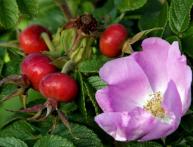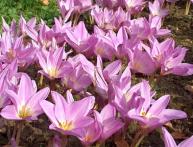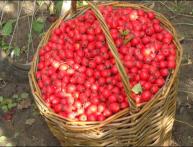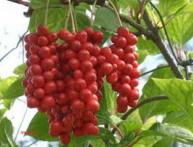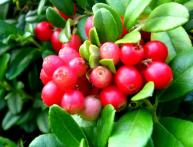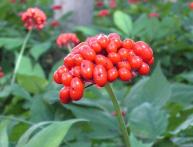Contraindications to the herb St. John's wort
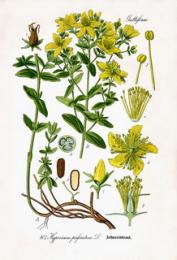
St. John's wort has long been known and used in both traditional and folk medicine. In everyday life, St. John's wort is even called a herb for 99 diseases, which already speaks of its value as a medicinal raw material.
The herb St. John's wort is a perennial plant that blooms with bright yellow flowers with a pleasant aroma. The leaves of St. John's wort are small; when viewed through light, they appear to be perforated. Therefore, another name for St. John's wort is St. John's wort.
St. John's wort consumed by cattle can cause poisoning, hence the interpretation of its, let's say, unfriendly name.
St. John's wort can be found in nature in fields, forests, along roads, wastelands and meadows. For medicinal purposes, flowers, leaves, stems, fruits - the entire upper part of the plant - are collected.
As mentioned above, St. John's wort has many beneficial properties, but contraindications to the herb St. John's wort exist along with the benefits they bring.
1. St. John's wort is not recommended for long-term use, as it causes bitterness in the mouth and has an adverse effect on the liver.
2. Men may develop a decrease in potency while taking St. John's wort.
3. In its pure form, St. John's wort should not be used by hypertensive patients, as it increases blood pressure.
4. St. John's wort infusions, decoctions and other forms should not be used during pregnancy and lactation.
5. If your skin is sensitive to sunlight, then taking St. John's wort and going out in the sun is contraindicated.
6.Increased doses of St. John's wort cause an exacerbation of the disease in people suffering from gastritis and can provoke spasms and pain in the intestines.
Contraindications to the herb St. John's wort include its incompatibility with certain medications, so you should consult your doctor before taking it.

